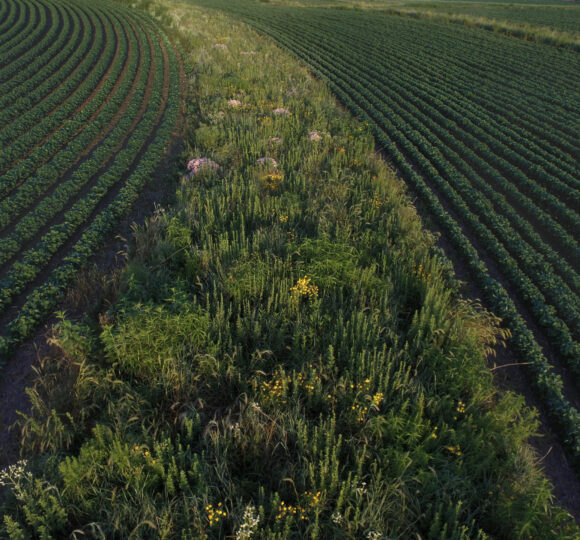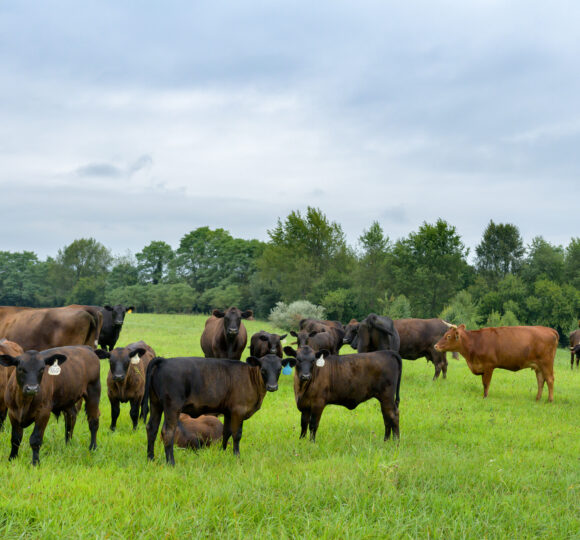American Farmland Trust (AFT) and partners continue to develop compelling and easy-to-read two-page soil health economic and environmental case studies featuring “soil health successful farmers,” a term that AFT uses to describe farmers who have adopted soil health practices and experienced positive economic effects. These case studies can be used by farmers and the greater members of the farm conservation community to learn about the costs and benefits of adopting soil health practices and the potential for a return on investment. In turn, the information gives farmers confidence to adopt soil health practices to increase farmer resilience and viability, help address climate change, and lessen agriculture’s impacts on water resources .
AFT developed the methods and analysis for producing these case studies with support from a 2018 USDA Natural Resources Conservation Service (NRCS) Conservation Innovation Grant. All case studies undergo review by NRCS economists and soil health specialists and are co-branded with NRCS’s logo. Producers were interviewed using AFT’s Retrospective Soil Health Economic Calculator (R-SHEC) Questionnaire and Excel-based Tool to gather the quantitative data needed to answer the research question, “Do the on-farm benefits of adopting a soil health practice outweigh the costs?” See the Soil Health Case Studies Methods to learn more.
For a summary of results from 26 case studies, see the Case Studies Summary document.
In 2022, AFT published two case studies using a different method with the Cornell Dairy Farm Business Summary (DFBS) survey long-term dataset, featuring Mulligan Farm and Table Rock Farm of New York. These case studies answer the research question “Can soil health practices be adopted while improving or maintaining economic performance?” For more information about this method, find the Cornell DFBS Working Papers on AFT’s Genesee River Demonstration Farms Network website.





